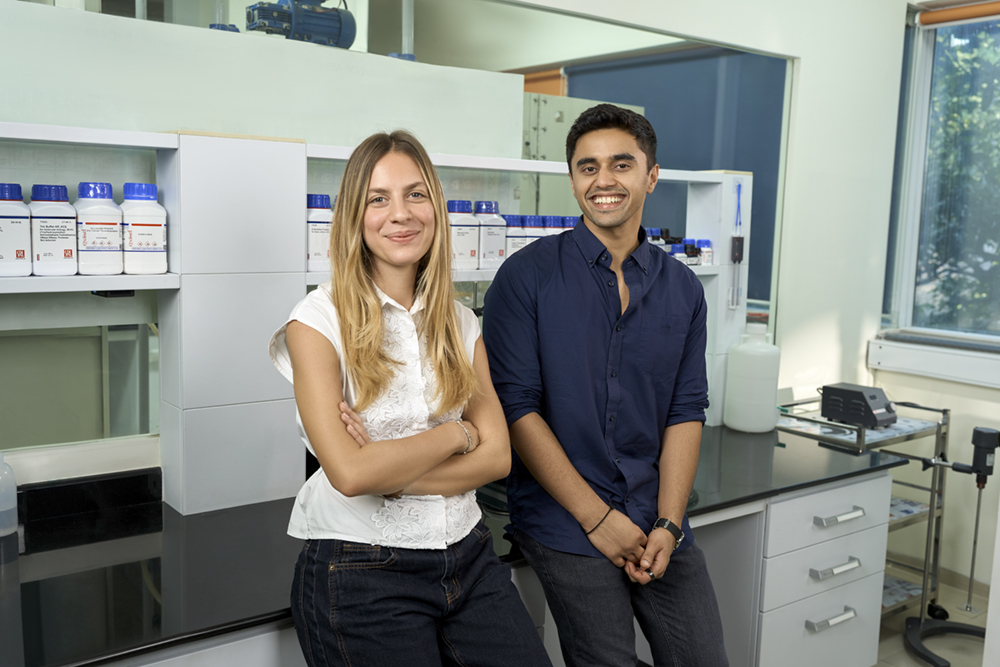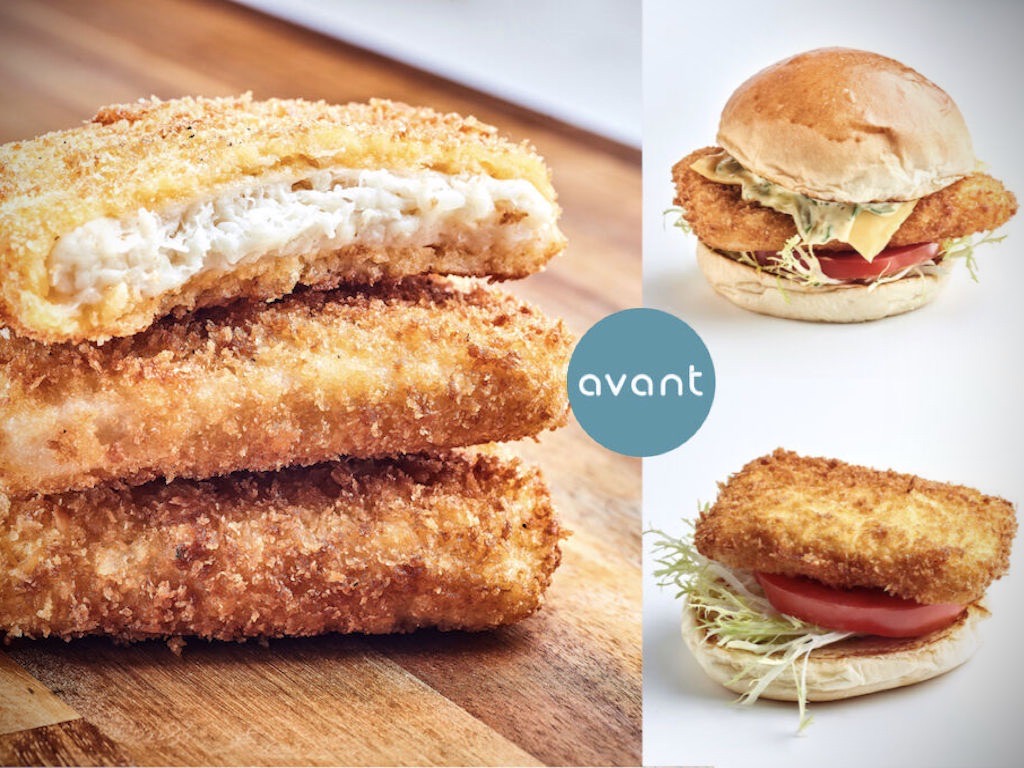

Vow secures Australian approval for 'cultured' quail in landmark first for nation
Australia has become the latest country to open its doors to cell-cultivated meat, following a landmark decision to approve Sydney-based company Vow’s Japanese quail for commercial sale. The approval marks a pivotal moment for the country’s food landscape and positions Vow as the only cultured meat producer in the world with active sales across multiple markets.
Vow’s product, sold under its Forged brand, is already available in Singapore, where it launched in 2024 to strong consumer interest. Following the official green light from Food Standards Australia New Zealand (FSANZ), the same quail will now appear on menus at more than 50 venues across Australia and Singapore. Among the first to serve it are Sydney fine-dining restaurant NEL and the acclaimed Italian outpost Bottarga in Melbourne.
The approval required amendments to the Australia New Zealand Food Standards Code and follows a rigorous, multi-year safety assessment by FSANZ, which is widely regarded as one of the world’s most respected food regulators. For George Peppou, Co-founder & CEO at Vow, the announcement is both a commercial and cultural milestone.
“Australia has always punched above its weight when it comes to food – we're a country of curious, creative, deeply thoughtful chefs and diners," said Peppou. "To now be able to offer something completely new – not an imitation, but a new category of meat – is something we're incredibly excited about.”
Vow, founded in 2019, takes a different approach from many other players in the alternative protein space. Rather than mimicking conventional meat products, its goal is to create entirely new types of meat, using cells from a variety of animals to produce original flavors and textures. The company’s team of over 70 includes chefs, scientists, engineers and creatives working under one roof to bring this vision to life.

The first Forged product, Japanese quail, has proven especially popular with Singaporean diners, achieving top-seller status at some partner restaurants within weeks of launching. This early success challenges the view held by some critics that cultured meat cannot gain mainstream traction.
Mike McEnearney, the chef and restaurateur behind Sydney’s Kitchen by Mike, is one of the first Australian ambassadors for the Forged brand and will feature the product at both his current venue and the soon-to-open 1Hotel in Melbourne, where he serves as executive chef.
“The first time I visited the purpose-built facility here in Sydney, I was taken aback – not just by the technology, but by the care and obsession with flavour that runs through everything they do,” McEnearney said. “This isn’t about replacing the meats we know and love. It’s about trying something entirely new – something that can only exist because of how it’s made.”
The news arrives at a time when momentum in the global cultured meat industry appears to be shifting. While early breakthroughs in the United States drew much of the initial attention, the regulatory landscape there has grown increasingly complicated, with several states implementing bans or moratoriums on the sale of cell-cultivated products. In contrast, Singapore and now Australia are seen as forging a more pragmatic and innovation-friendly path.
Vow has also demonstrated its ability to scale manufacturing in ways that many others in the field have not. In May, it completed the largest cultured meat harvest in history, totaling 538kg. That figure has since been surpassed, with the company producing more than 818kg of Japanese quail in a single week across multiple harvests.
At the heart of this scale-up effort is what Vow claims is the world’s largest food-grade cell culture reactor, with a 20,000-liter capacity. Designed and built in-house by former SpaceX engineers in under 14 weeks, the system cost less than US$670,000 – less than 80% of what comparable systems usually require. The company’s second facility has expanded its total manufacturing capacity to 35,000 liters and was constructed at a cost 20 to 50 times lower than those of other operators in the space.
With this infrastructure in place, Vow expects to reach a production capacity of 900kg per harvest by the end of 2025, scaling to 10,800kg monthly and up to 130,000 kilograms annually. Longer term, if the full capacity of its facilities is realized, that figure could more than double to over 20,000kg per month.
“The appetite for what's next is already clear,” said Peppou. “This isn't theoretical anymore – it's a new category of meat that hasn't just been accepted, it's been embraced.”
Vow’s approach reflects a broader shift in how alternative protein companies are positioning themselves. Rather than competing head-to-head with conventional meat, Forged and other upcoming products in Vow’s pipeline aim to stand apart – defined not by what they replicate, but by what they make possible. That strategy may prove particularly resonant in Australia’s dynamic dining scene, where chefs are often early adopters of new techniques and ingredients.
As Forged prepares to roll out across dozens of venues in its home country, Vow’s dual-market momentum and cost-efficient scale-up efforts place it ahead of many competitors in what remains an emerging and highly competitive sector. Whether Australian diners will embrace cultured quail with the same enthusiasm as their Singaporean counterparts remains to be seen, but early signs suggest Vow has found a receptive audience.
For Peppou and his team, the launch is less about disruption and more about evolution. “We’re not here to replace meat,” he said. “We’re here to expand the definition of it.”
If you have any questions or would like to get in touch with us, please email info@futureofproteinproduction.com

.png)






